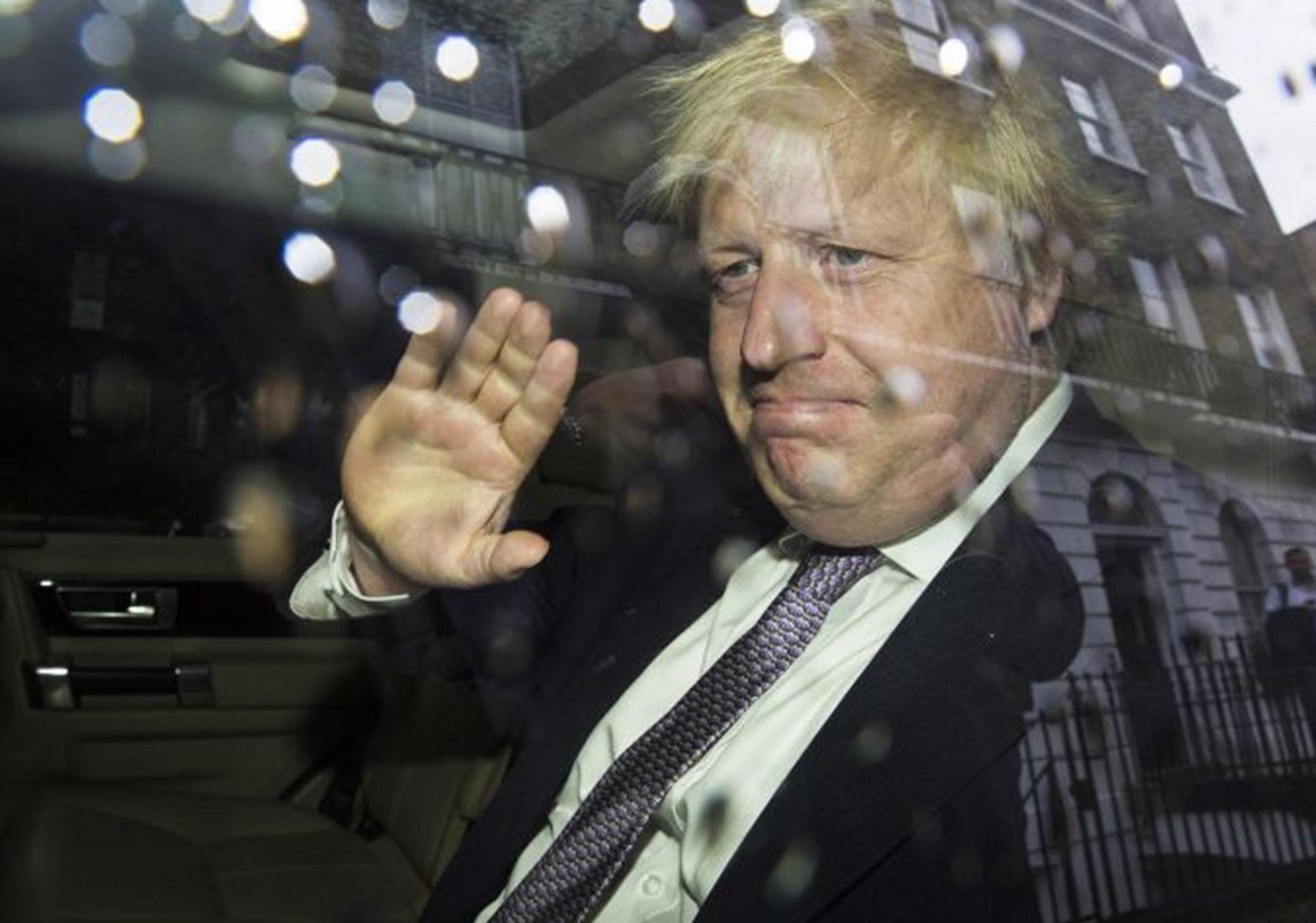Now more than ever, Britain needs a leader of distinction
Given Tory members will be choosing the next Prime Minister, it is vital that there is a proper contest with two powerful and competing visions of Britain’s future vigorously, and truthfully debated

Leadership thrives on a sense of narrative. Narratives often launch – or find their denouement – in moments of crisis. We have one right now. For the first time in British history, there are two leadership elections simultaneously under way in our two main political parties, following an emphatic vote of no confidence in Jeremy Corbyn by Labour MPs, which he promptly rejected. It’s a time for leaders and, indeed, heroes or heroines. Will any stand up?
Labour’s leadership vacuum is striking in several respects, from its predictability when Corbyn emerged to the rapidity of this week’s escalation. It is also fascinating because of what it reveals about the nature of political parties. Imagine a business whose CEO was the most successful in its history, boosting profits and winning more customers than ever before for his company and its staff – but in doing so, disenfranchising many of those he worked with, including in particular a moody Chief Operating Officer (COO) who craved his position. Imagine, too, that CEO then being replaced as CEO by three successively worse leaders. It would be, you have to conclude, a badly run organisation.
That is exactly the case with Labour today. Popularity isn’t everything in politics – most demagogues have been popular at times – but if you want to get into power, it certainly helps. Nowadays, Labour seems devoted to choosing progressively more unpopular and ineffective leaders. Gordon Brown (that moody COO) was worse than Tony Blair; Ed Miliband was worse than Gordon Brown; and Jeremy Corbyn is worse than Ed Miliband. Perhaps the only consolation for Labour supporters is that it really cannot get any worse from here. Diane Abbott, anybody?
Of course, there are fundamental differences between business and political organisations. The former’s principal aim is profit; the latter, power. Above all, members of the latter are bound by a set of values in a way that staff in a business are not (though the cultish tendencies of Google and other Silicon Valley companies might put paid to this). Those common values exert a profound force on leaders, dragging them to zones of ideological comfort in which they please their base but, generally, not the country at large. This is the fate of Labour now. What of the Conservatives?
Though he was the main face of the Vote Leave campaign, and is an Etonian who might have been scripted by Wodehouse, Boris Johnson is not an extremist. He is a liberal cosmopolitan who twice managed to win in London. As he recognised in his too-sombre acceptance speech, he needs to appeal not to the party base that loves him but to the young and disaffected voters who feel betrayed by austerity and globalisation. Has he got practicable solutions to the problems of monstrous house prices, soaring inequality, stagnant wages and deindustrialisation?
Theresa May is nobody’s idea of jollity, but as the longest serving Home Secretary in modern history, she has won a reputation for toughness and competence which remind some members of her party of Margaret Thatcher. A rather fishy poll by YouGov this week suggested that party members, who will choose from the final shortlist of two, prefer her to Boris, but that runs counter to all the previously available evidence, anecdotal and otherwise. Stephen Crabb, the Welsh Work & Pensions Secretary, is running mostly on account of his modest upbringing; but an adage favoured by Liam Fox, another potential candidate, that what matters in politics is not where you’re from but where you’re going, has merit, and Crabb’s candidacy is not based on much for now.
Given Tory members will be choosing the next Prime Minister, it is vital that there is a proper contest with two powerful and competing visions of Britain’s future vigorously, and truthfully debated. There is a far from pleasing irony in that David Cameron and George Osborne talked up the crisis in Britain when they first got into power, to give themselves a narrative of crisis and resolution. All democratically elected politicians crave such a narrative, knowing that their heroes (Lincoln, Churchill, Thatcher, Reagan and so on) took their place in history by carrying their countries through a period of high drama.
Now is just such a period, and heroes – or at least world-class leaders – would be very welcome indeed.

Join our commenting forum
Join thought-provoking conversations, follow other Independent readers and see their replies